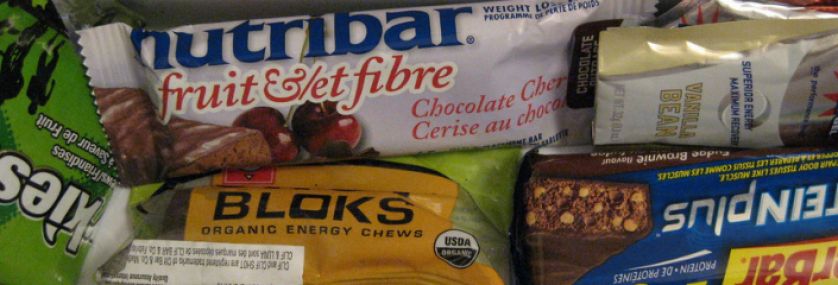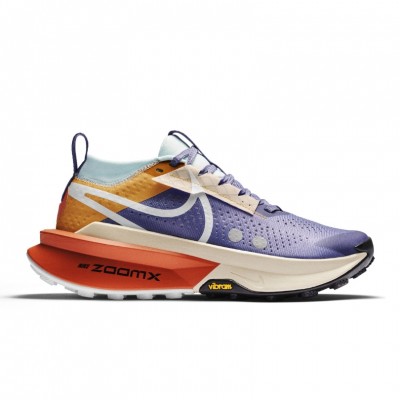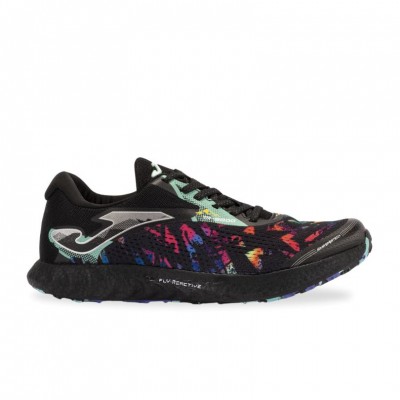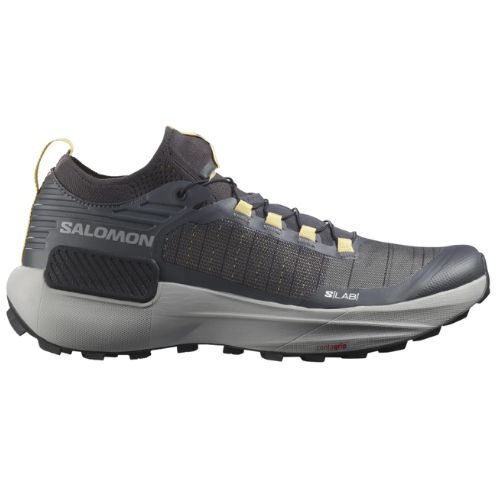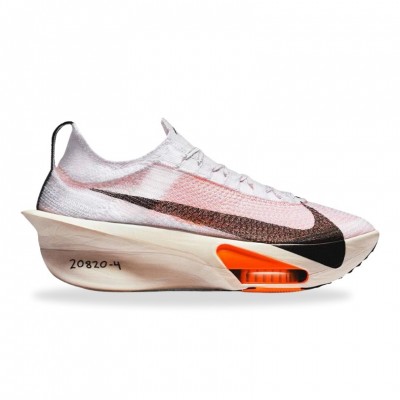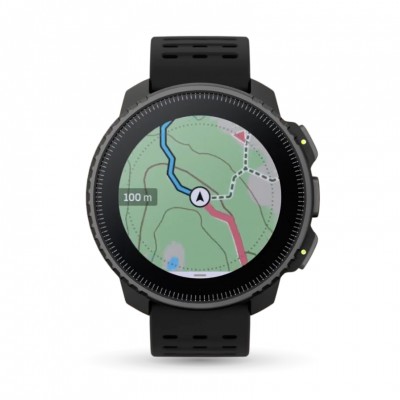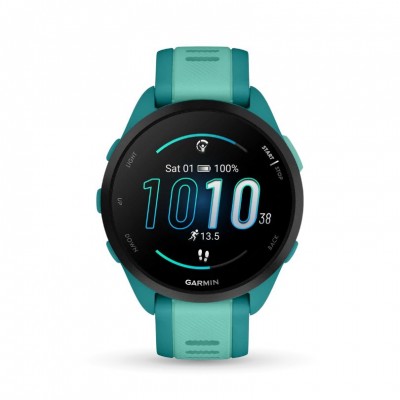
Luis Francisco San Martín(Rend&Prev), Bachelor of Science in Physical Activity and Sport and Xabier de Miguel, responsible of the Nutrition and Supplementation Area of Rend&Prev clarify us in the following report how the sportsmen's diet should be throughout a season, which are their energetic needs and the nutrients that they need. In short, we will discover which will be the main foods that have to be present in our daily feeding.
The practice of sports requires a well-fed body to cover the energy needs required for this activity. The truth is that thanks to food, one of the basic pillars of invisible training, we will achieve an improvement in performance. Therefore, it is a factor that must be taken into account if we want to be a good athlete.
It is essential to achieve good eating habits, not only to enjoy good health, but also to avoid and prevent injuries and to achieve the best possible performance. A proper dietary culture can lead to an improvement, but malnutrition will lead to a worsening of the results, as it affects and decreases the capacity for physical and mental work.
Everything an athlete ingests influences the result. Taking food before, during and after training or competition also contributes to subsequent events.
Nutrition is key to optimizing the body's adaptation and improving recovery.
During any physical activity, the muscles need a constant supply of energy. This supply comes first of all from glucose, then from fatty acids and in extreme situations from proteins, these are some of our nutrients that we will see later.
In addition, fatigue obviously affects performance and to reduce the negative effects of fatigue we ingest carbohydrates and other nutrients, as well as water with electrolytes. Hydration is of vital importance, but we will deal with this subject in later articles.
On a general level we do not like to talk about prohibition, we believe much more in the balance of food, we believe in flexibility in the diet and not in restriction.
In short, talent and effort are no longer enough to achieve great sporting success. We need nutrition to be the best.
Energy needs of athletes
First of all, it is important to emphasize that each sport specialty has its own characteristics (endurance, strength, speed and flexibility) as well as each period of the season (it is not the same to be in the preseason, than during the competition) and the uniqueness of each athlete. Therefore, we are going to focus on general aspects of nutrition throughout the season, but for it to be as efficient as possible, all athletes, cyclists, swimmers, footballers, triathletes ... should contact a nutritional advisor, in addition to a previous blood test to rule out any type of nutritional deficiency or deficiency and for the professional not to have any doubts about how to act in each situation.
A clear example of the above is the table proposed by Ainsworth B in 2000, which makes a differentiation between many sports activities and their energy needs. This author makes an estimate of the amount of calories expended in a given physical activity.
In addition to the above, we believe that in order to elaborate a diet according to the needs of the athlete, different characteristics according to sex and age should be taken into account. There are different studies that say that men consume more kilocalories than women, and young people more than adults.
Throughout a season, what nutrients does an athlete need?
The diet throughout the year should be balanced and varied and this is achieved by knowing what nutrients are needed and in what quantity they have to be taken. In this way our body will adapt to good eating habits, which is what we want. If not, our diet would contribute in a negative way to our performance and adaptation to training. And its progression over time gives rise to negative changes or even reach the chronic fatigue syndrome (continuous fatigue and discomfort).
The great secret in the application of macronutrients (carbohydrates, fat and protein) in the athlete is to vary them depending on the fat index. Sometimes we lower the intake of carbohydrates, increase the supply of proteins... but above all we must play with fats and replace them with carbohydrates. By this we mean that there is no set rule, it is proven that varying macros at certain times of the season has very good benefits for performance.
Virtually all authors say that the nutrients most needed by an athlete are carbohydrates, proteins, fats, vitamins and minerals. We will now break down each of them:
Carbohydrates
- Carbohydrates are the most relevant nutrients when the activity is performed at high intensity. The most important deposits are in the liver and muscles. The carbohydrate intake of an athlete who trains daily should be high, approximately 60-65% of the kilocalories of the diet (this percentage is the usual or advisable, we have already said that we must play with the intake of macronutrients depending on the time and situation of each athlete). It is essential that the carbohydrate intake before physical exercise is abundant, in this way we will ensure that the glycogen deposits are full and can be used by our body.
- When the glycogen deposits are running low, the ingestion of glucose in a concentration of approximately 10% in water allows us to extend and improve the work we are doing.
- The best way to optimize the level of muscle glycogen is a diet rich in carbohydrates and adequate rest (invisible training).
- They can be found in rice, pasta, cereals (muesli), bread,...
Proteins
- They are composed of both essential amino acids (must be in the diet) and non-essential (the human body can synthesize). They are necessary for tissue regeneration, development and maintenance of muscle mass and enzyme formation. Protein intake depends on physical activity, muscle mass and sex. It also depends on glycogen deposits and diet, but normally not more than 1.8 grams of protein/kg. The usual is 15% of the total kilocalories ingested.
- They can be found in meat, fish, eggs, legumes, dried fruits,...
Lipids or fats
- Lipids or fats are the main energy reserve of the organism, a vehicle of liposoluble vitamins (not soluble in water) and product of synthesis of substances such as cholesterol, sexual hormones,... It is the main nutrient when working at low intensity, that is, around 60% of the maximum capacity. The intake of this type of nutrients is advised to be 25 - 30% of the diet supplied to the organism, of which a minimum of 15% must be monounsaturated fatty acids (good for health) that can be found in nuts such as hazelnuts, almonds or olive oil itself.
- There is great controversy on this issue, but we will not talk about banning the intake of saturated fats because several studies show that their intake has benefits for the athlete, such as raising endogenous testosterone levels.
A diet rich in fats increases the consumption of fatty acids during exercise, but decreases the possibility of maintaining a good intensity over time, so it does not improve the physical activity performed. - They can be found in oils, nuts, margarine,...
Vitamins
- Vitamins are essential elements that the body needs to develop and that we must include in our diet because the organism is not able to synthesize them by itself. They do not provide any type of energy.
- Vitamin deficiency causes loss of sports performance (both physical and mental with muscle weakness and poor coordination).
With a varied and balanced diet, supplementation is not necessary, but as we have already mentioned, the ideal is to get in the hands of a nutritional advisor so that each athlete is treated individually.
Minerals
- Mineral elements, like vitamins, must be ingested through our diet. They are found in very small quantities but the supply of them is fundamental for the improvement of the capacities that we are training.
What foods are recommended for athletes to take?
At this point we are going to focus on which foods are the most recommended. We do not like to talk about forbidden food, since there are healthier foods than others. For example, if an athlete has a calorie deficit, i.e. does not have the necessary daily intake, a roll or similar will be better than not eating anything after training. On the other hand, it will always be better to eat appropriate foods such as: complex CH, proteins and unsaturated fats.
1. Recommended foods:
- Foods containing omega 3, necessary for its multiple benefits (salmon, walnuts,...).
- Whole fruits and non-acidic natural juices.
- Raw vegetables.
- Whole grains at least 70% of the total ingested (rice, wheat, oats, rye, pasta, bread).
- Legumes (soybeans, lentils, beans, peas).
- Sprouts (bean sprouts, alfalfa sprouts, wheat sprouts,...).
- Seeds and nuts (in small quantities).
- Virgin olive oil, linseed oil. Daily.
- Oily fish (salmon, sardines, mackerel, trout,...).
- Mineral water and juices3:1). 8 large glasses between the two per day.
2. Optional foods:
- Dairy (better goat's milk is more digestive than cow's milk). It is better to take fermented products such as yogurt (with bifidobacteria,...) and fresh cheeses (better sheep or goat). 1 daily ration Max.
- Meat. Avoid pork.
3. Less recommended foods:
- Sugar and sweets.
- Salt in excess.
- Sausages.
- Industrially processed products (prepared products, precooked, canned, preserved) with preservatives and chemical dyes.
- Meat in excess. Try to use meat of organic or game origin. Avoid pork and animal fat.
- Tobacco and alcohol.
Other advices:
As a summary, we leave you some small nutritional recommendations that according to Crespo. J. are:
The consumption of complex carbohydrates (pasta, rice, cereals, legumes,...) should be preferred over simple carbohydrates (sweets, chocolates,...).
Reduce the proportion of saturated fats, in addition to taking foods containing fiber.
Priority to the Mediterranean type diet (fish, vegetables, legumes, fruits, olive oil). Prohibited diets rich in saturated fats and highly elaborated foods.
Avoid monotony in the diet (foods to be consumed should be varied).
Reduce salt consumption (no more than 3 grams / day). If you eat without salt much better.
It is very positive to increase the consumption of fresh vegetables and fruits.
Excessive consumption of fats (the less the better, bakery banned) and meats should be avoided.
How should the different meals be eaten?
At this point what everyone does is 5 meals a day (breakfast, lunch, dinner, between meals).
- 20 - 25% breakfast.
- 10% a snack.
- 35% lunch.
- 10% snack.
- 20 - 25% dinner.
But if we really want to improve we have the semi-fasting diets that consist of lowering the kilocalories ingested on certain days of the week.
Conclusions
Nutrition is a primordial factor in invisible training, therefore, both the athlete and the coach or physical trainer must be very conscious of it and must give it a lot of importance in their annual training plan.
As mentioned above, each athlete has its own characteristics so the best option is to put yourself in the hands of a professional who in this case has to be your nutritional advisor.
And finally I leave a question in the air:
How should be the food the week before the competition?
Read more news about: Nutrition
